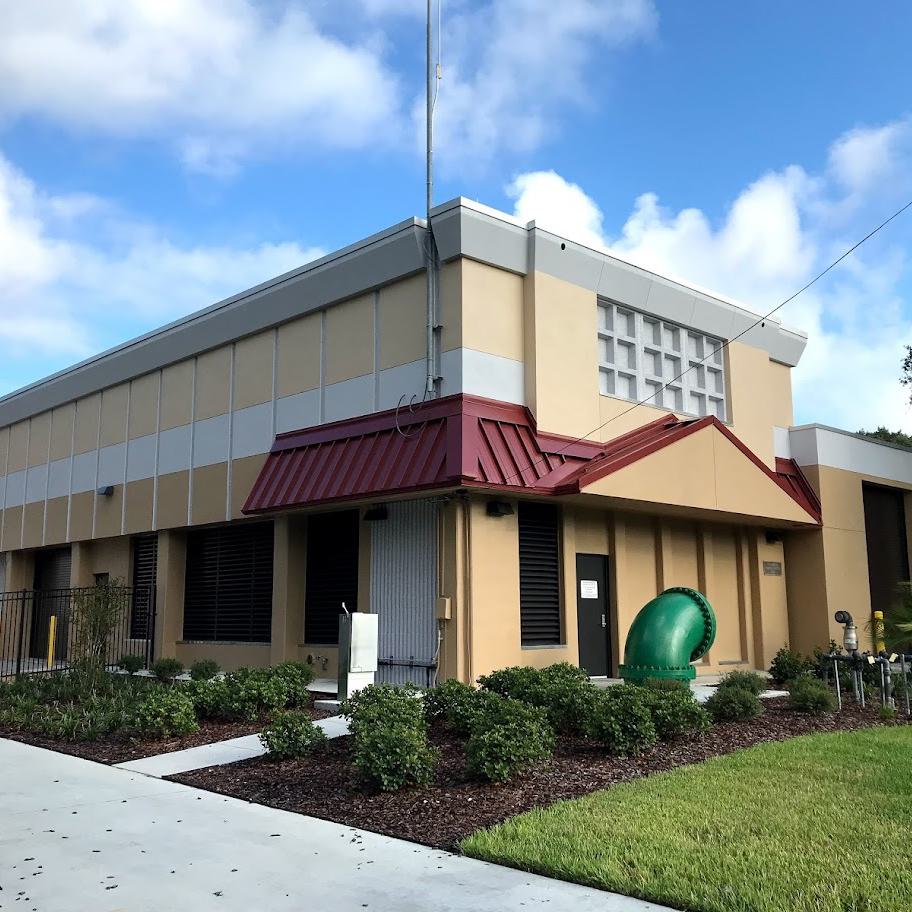Design-Build Team for Piscataway WRRF Bioenergy Facility Selected

Upon completion, the facility is projected to help save WSSC customers approximately $3 million per year while vastly expanding the commission’s green energy capabilities through increased production of renewable biogas.

The Piscataway WRRF Bio-Energy Project will convert wastewater biosolids into renewable biogas, which will then be used by Combined Heat and Power (CHP) engines to help power the facility. A portion of the biogas generated will also supplement the local community’s energy supply. This innovative technology is expected to reduce the facility’s greenhouse gas emissions by 15%.
(FAIRFAX, VA - August 14, 2018) - The design-build team of PC Construction, Stantec, and Hazen and Sawyer today announced it has been selected to design and construct the first phase of Washington Suburban Sanitary Commission’s (WSSC) $250 million Piscataway Water Resource Recovery Facility (WRRF) Bioenergy Project in Prince George’s County, Maryland. Upon completion, the facility is projected to help save WSSC customers approximately $3 million per year while vastly expanding the commission’s green energy capabilities through increased production of renewable biogas.
This is the largest and most technically advanced project WSSC has constructed in its 100-year history and, upon completion, the facility will be among the first in the country to incorporate an advanced Thermal Hydrolysis Process (THP).
The Piscataway WRRF Bioenergy Project will convert wastewater biosolids into renewable biogas, which will then be used by Combined Heat and Power (CHP) engines to help power the facility. A portion of the biogas generated will also supplement the local community’s energy supply. This innovative technology is expected to reduce the facility’s greenhouse gas emissions by 15%.
The project will also reduce the amount of resulting biosolids produced from five existing WSSC water resource recovery facilities, helping decrease WSSC’s costs to transport and dispose of these materials. The quality of the remaining biosolids will create an opportunity for the Commission to sell and distribute these Class A biosolids as fertilizer.
The $44 million phase one contract includes design and early construction, which entails demolition of existing on-site facilities and relocation of existing site utilities. The entire Piscataway WRRF Bioenergy Project is expected to be operational by spring 2024.




















